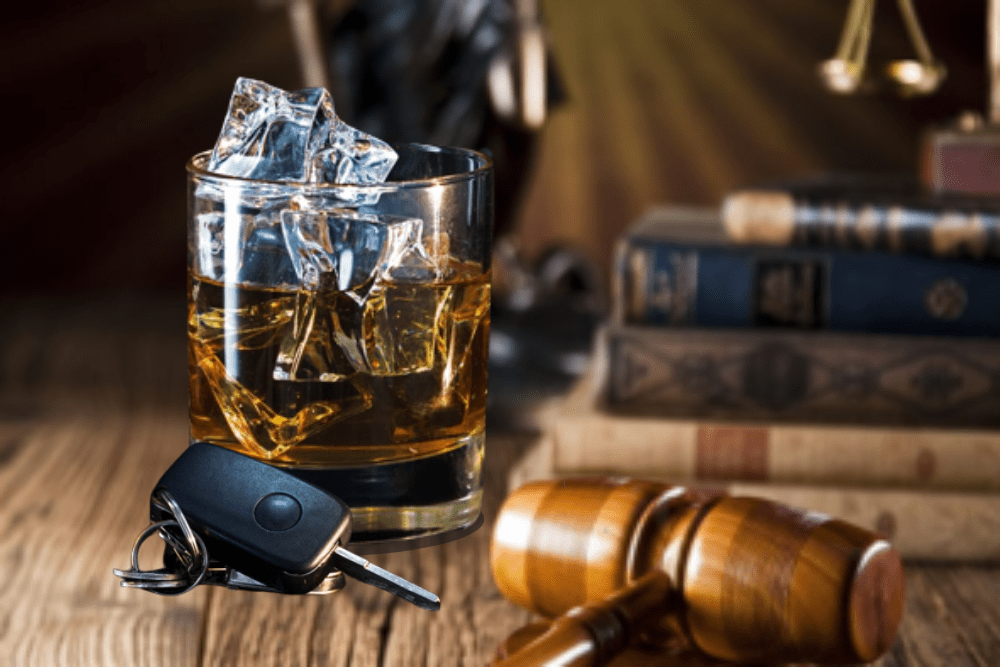Several things happen at the same time if you are arrested and charged with OUI in Maine, or issued with a summons for an OUI charge.
Your license will be suspended by the Bureau of Motor Vehicles (BMV) within a few days and the criminal charge will work its way through the criminal justice system.
Here’s what you need to know about the license suspension and how to challenge it.
Call 207-571-8146 or contact us online to schedule a consult with one of our highly skilled criminal defense & OUI, DUI, DWI lawyers, serving Maine, today.
Table of Contents
Maine BMV notice of suspension
The BMV suspension is assured because the arresting officer will write a report and send it to the Bureau.
If the basic supporting information is provided by the police officer, such as a breath or blood test result, a Notice of Suspension will be mailed to the address on record within a few days. This will detail the following information:
- The reason for the suspension
- The date the suspension will start
- The duration of the suspension
You should read and digest this information carefully and, if necessary, discuss the details with a criminal defense lawyer, who can advise you of your rights and obligations. Generally, you will have a right to a BMV hearing, at which you can challenge your license suspension.
If you took a blood or breath test and requested a hearing, your suspension will be postponed at least until the date of the hearing. If, however, your OUI is due to a refusal to take a test, you still have the right to a hearing, but your suspension will start on the date specified on the notice of suspension.
Ensure the BMV has your correct address
It’s essential to keep your current mailing address up to date at the BMV. Otherwise, a notice of suspension may be issued but you won’t be aware of the suspension. You could unknowingly drive illegally, exacerbating the problems you face with an OUI. This could lead to an additional criminal charge of Operating After Suspension and a longer license suspension.
If your current address does not match the one detailed on your license, visit a BMV branch and update it as soon as possible.
Why request a BMV hearing after an OUI in Maine?
Some people wonder why they should request a BMV hearing if they were over the limit and the test(s) they took prove it. They are often more concerned about the criminal charge than the BMV suspension.
It’s right to be concerned by the criminal proceedings but requesting a BMV hearing should be viewed as the first step to contesting the charges against you.
Contesting an OUI is important because of the long-term consequences you face for a conviction. By requesting a BMV hearing, you (through your experienced OUI attorney) are taking advantage of a golden opportunity to test the State’s theory of the case by attacking the evidence in a contested hearing before a BMV hearing’s examiner.
Call 207-571-8146 or contact us online to schedule a consult with one of our highly skilled criminal defense & OUI, DUI, DWI lawyers, serving Maine, today.
What happens at a BMV hearing in Maine?
BMV hearings are usually scheduled before the criminal OUI cases are resolved. They are headed by the hearing’s examiner, held by video, telephone or in-person and generally last around 15-30 minutes.
The hearings examiner is an administrative officer and an employee of the Secretary of State’s office. Examiners receive legal training and usually have law degrees.
Their specialist training helps them run through cases relatively efficiently and petitioners only have a narrow “window” in which to challenge their license suspensions. Witnesses will be sworn in like in a court and the police officer who ran the investigation against you will be called to give evidence.
Petitioners can represent themselves at the hearing or a lawyer can represent them. Either way, they have the right to cross-examine the police officer and testify to present evidence for the defense. They may also be cross-examined by the hearing’s examiner.
After the testimony and evidence have been presented, the petitioner or their defense lawyer can make a summary argument.
While this procedure may seem similar to a court trial, the hearings examiner does not have the same standing as a judge.
Also, unlike in court, a decision is often made immediately after the summary argument has been presented. The examiner will either uphold or rescind the license suspension, a decision that can be appealed within 30 days.
Importantly, the outcome of your hearing has no bearing on what happens in the criminal court. The two matters proceed independently of each other, so even if you lose the BMV hearing, it doesn’t necessarily mean you will end up with a criminal conviction.
Should you request a BMV hearing after an OUI?
Even if all seems lost with the OUI case against you, there are benefits to requesting a BMV hearing. Not only can you challenge your license suspension, but you can gain important information for the criminal case against you.
At the hearing, you can gather and present evidence in your defense and start to fully understand the key evidence against you — before you get to court. It’s like a “testing ground” for the criminal case, even though the two processes are unconnected.
Knowing what’s coming is a great advantage for the criminal case. Even if you lose the BMV license suspension case, you will be forearmed for the greater battle that lies ahead.
It may be an advantage for your lawyer to attend the BMV hearing as there are sometimes weaknesses in the prosecution’s case that an experienced defense lawyer can identify and exploit. In the best-case scenario, these weaknesses are exposed at the hearing and your license suspension is rescinded.
Even if the evidence against you appears strong at the hearing and you lose the suspension case, the information is useful for your defense lawyer when negotiating with the District Attorney about the criminal charge.
While the reality is that the majority of BMV hearing cases are lost by petitioners, there are still numerous benefits to requesting one.
How does the result of the BMV hearing affect an OUI charge?
If your license is suspended by the BMV, this will have little bearing on your criminal case.
Many people wonder whether the license suspension already served from the administrative process is considered when a criminal license suspension is handed down.
Generally speaking, despite the two processes being treated separately, if you are suspended by the BMV and subsequently convicted of OUI or Driving to Endanger (“DTE”), you will receive “credit” for any suspension time already served.
This comes with a caveat, though: it usually only applies if you agree to a blood or breath test. If you failed to submit to a test and receive a BMV suspension for refusal, the suspension time from the court will be imposed consecutively to the BMV refusal suspension.
This situation can get complicated for offenders who want to know when they can drive again after a suspension. Aggravating factors, prior offenses and other complexities may also come into play.
Contact our OUI defense lawyers today
Mistakes can be costly if you are stopped while driving under a suspension. Make sure you understand what you need to do before you start driving again.
With an OUI charge in Maine, it’s best to talk to seek reliable legal advice as soon as possible, so that you can plan what to do next regarding the BMV suspension and the criminal case against you. Talk your situation through with an experienced OUI lawyer at the Maine Criminal Defense Group at 207-571-8146.
Call 207-571-8146 or contact us online to schedule a consult with one of our highly skilled criminal defense & OUI, DUI, DWI lawyers, serving Maine, today.
OUI Blog Articles
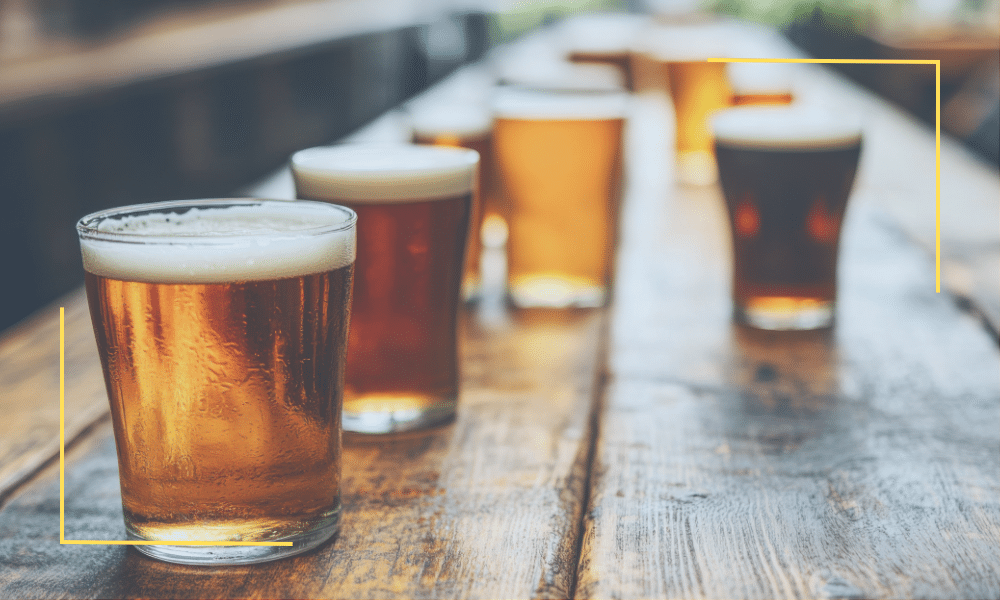
The Maine Liquor Liability Act (MLLA) provides for the recovery of damages against anyone who negligently or recklessly “serves” alcohol to a minor. However, that might be just the start[...]

A conviction for an OUI, DUI, DWI in Maine is accompanied by serious consequences, including heavy financial repercussions. Understanding the court-imposed fines is one thing, but the financial consequences can[...]

OUI cases in Maine usually start when a law enforcement officer pulls over a vehicle. From that point, many things can happen but if the officer even has a slight[...]
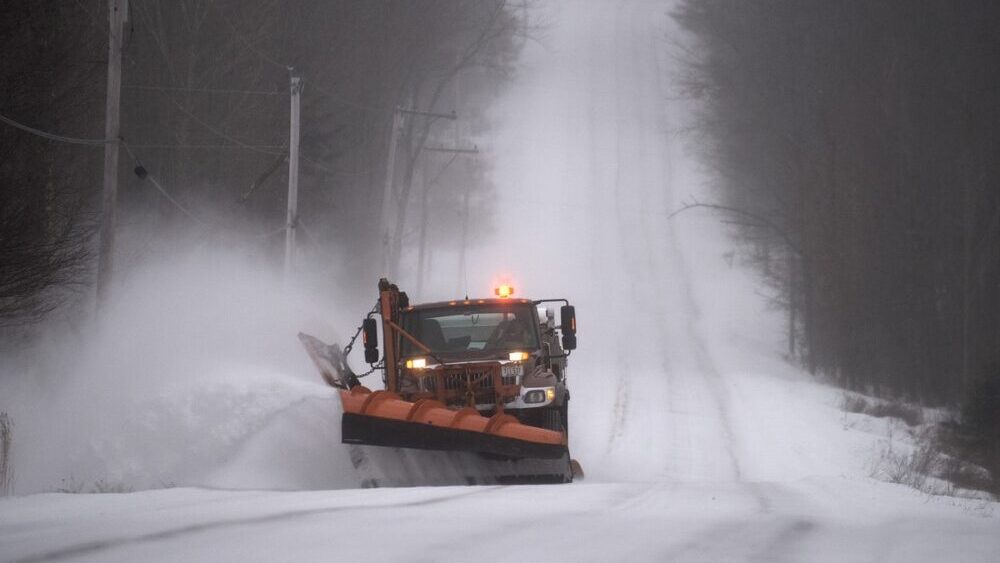
January 11th, 2025, in Skowhegan, Maine, a Maine Department of Transportation plow truck sustained a head-on collision caused by a drunk driver on Route 2, as reported by law enforcement.[...]
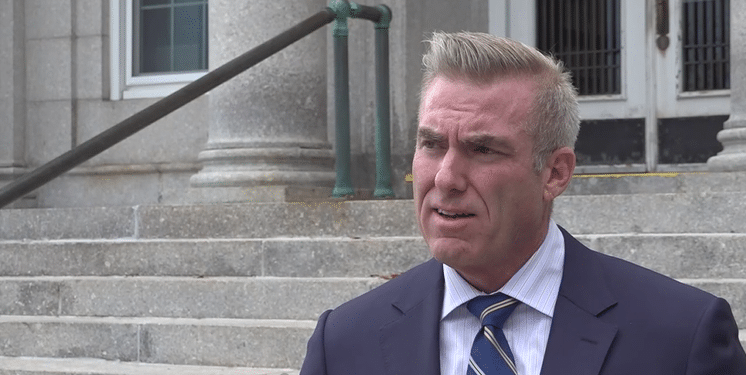
The tragic events of a fatal car crash in 2023 that claimed the lives of four young people have finally reached a pivotal legal outcome. Noelle Tavares, a former Maine[...]

In most states, there are many different places that the average person can take a driving course to satisfy court requirements as related to an DUI conviction. However, in the[...]
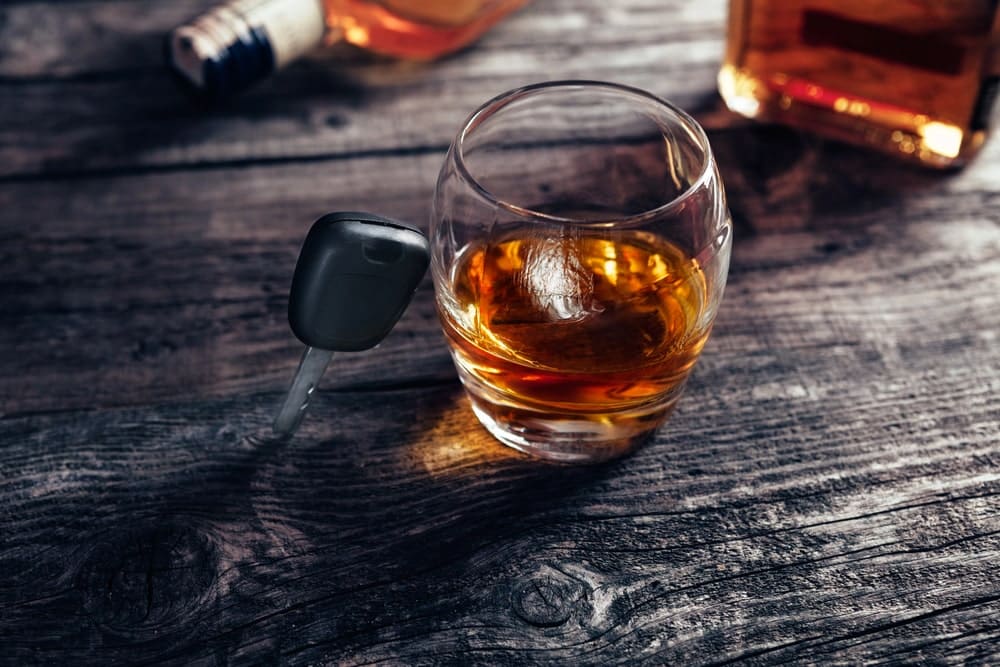
Defending against OUI offenses in Southern Maine Anyone charged with a 2nd OUI in Maine should expect little leniency from the criminal justice system. This makes it even more important[...]
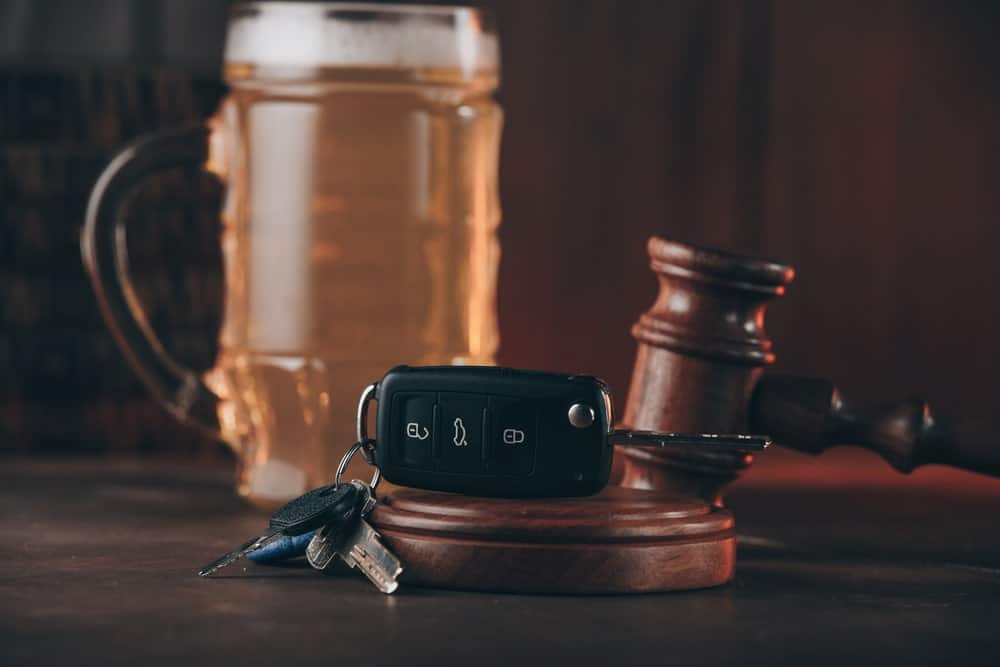
Defending against OUI Refusals in Southern Maine Did you know that it is a criminal offense to refuse to submit to a chemical test if lawfully requested to do so[...]
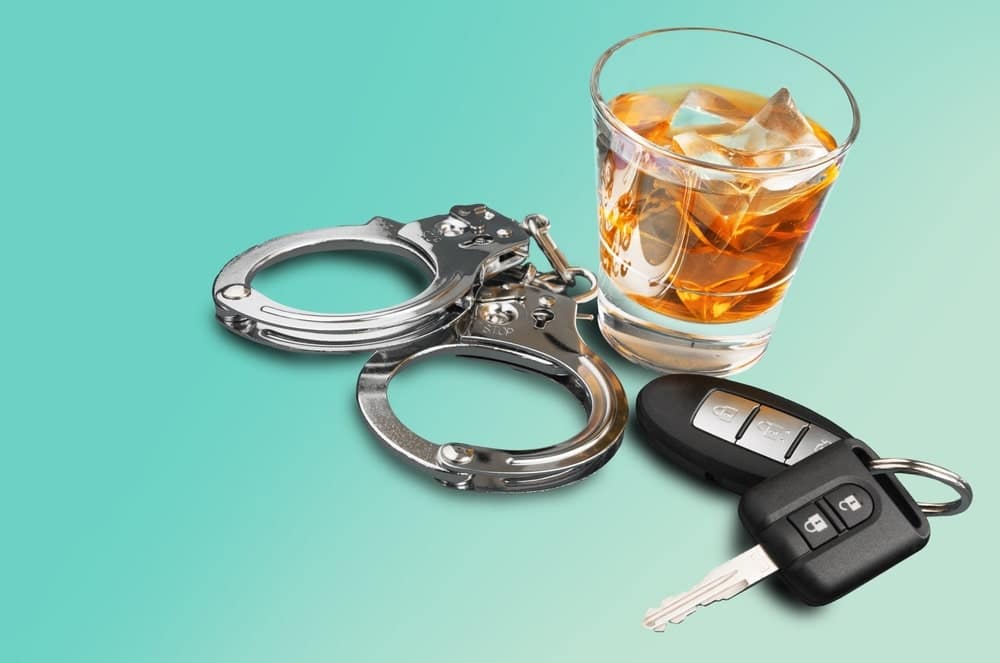
Reducing an OUI charge in Maine OUI charges are handled severely in Maine. For many people, a drunk-driving charge is their first time dealing with the criminal justice system and,[...]

Alcohol laws of Maine While you should be aware of the strict OUI laws in Maine, it’s also important to know about other ways you can face a traffic infraction[...]
